REVIEW: American Political Values Definitions
1/7
There's no tags or description
Looks like no tags are added yet.
Name | Mastery | Learn | Test | Matching | Spaced |
|---|
No study sessions yet.
8 Terms
Representative Government
Instead of having one person rule, like a king, or having everyone try to rule together, democratically elected officials represent the needs and concerns of the people. Governments like this are known as republics
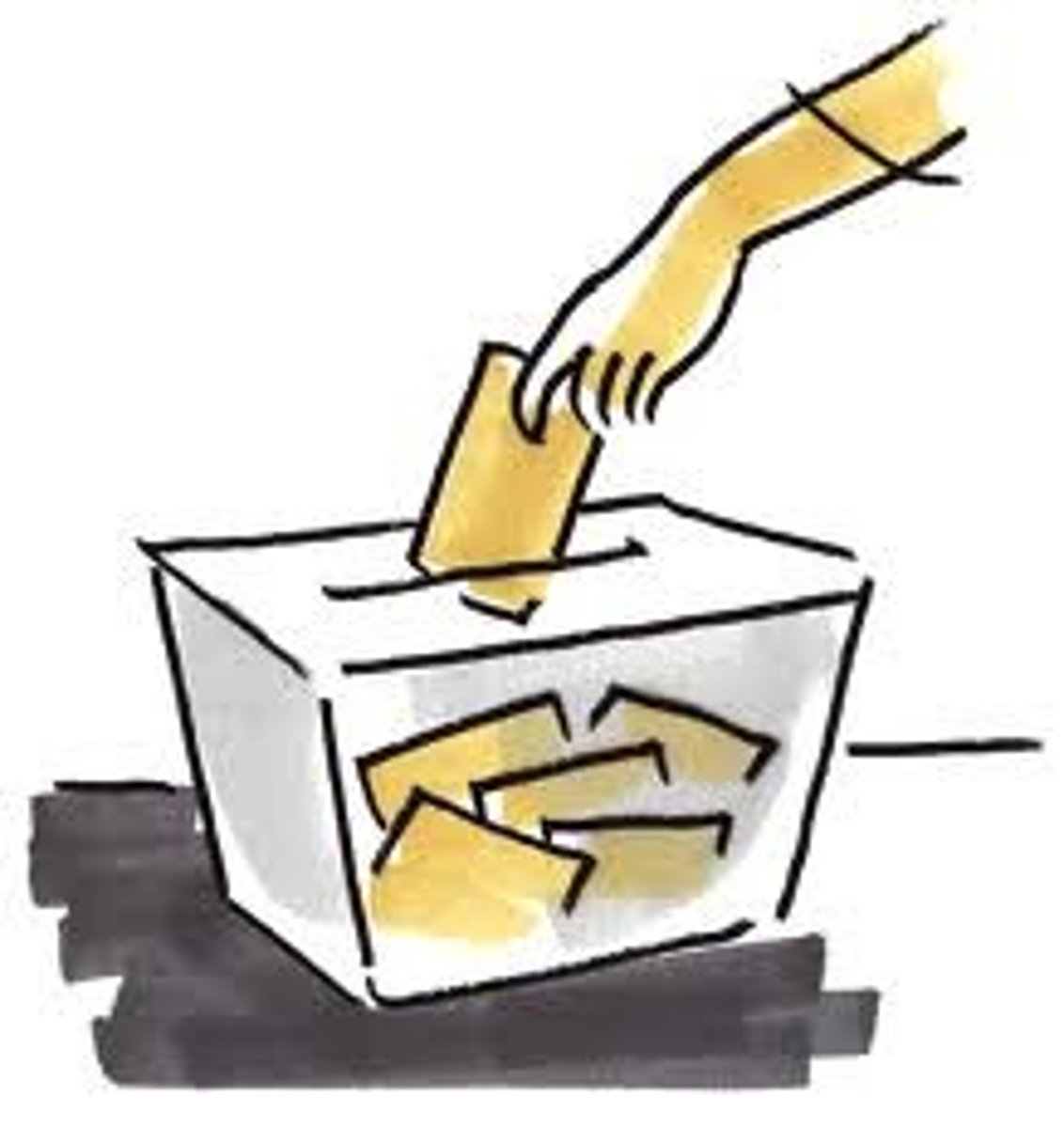
Limited Government
Government power is restricted in its ability to influence the lives of its citizens. The Constitution limits government power only to things that are necessary for maintaining the common good of the nation
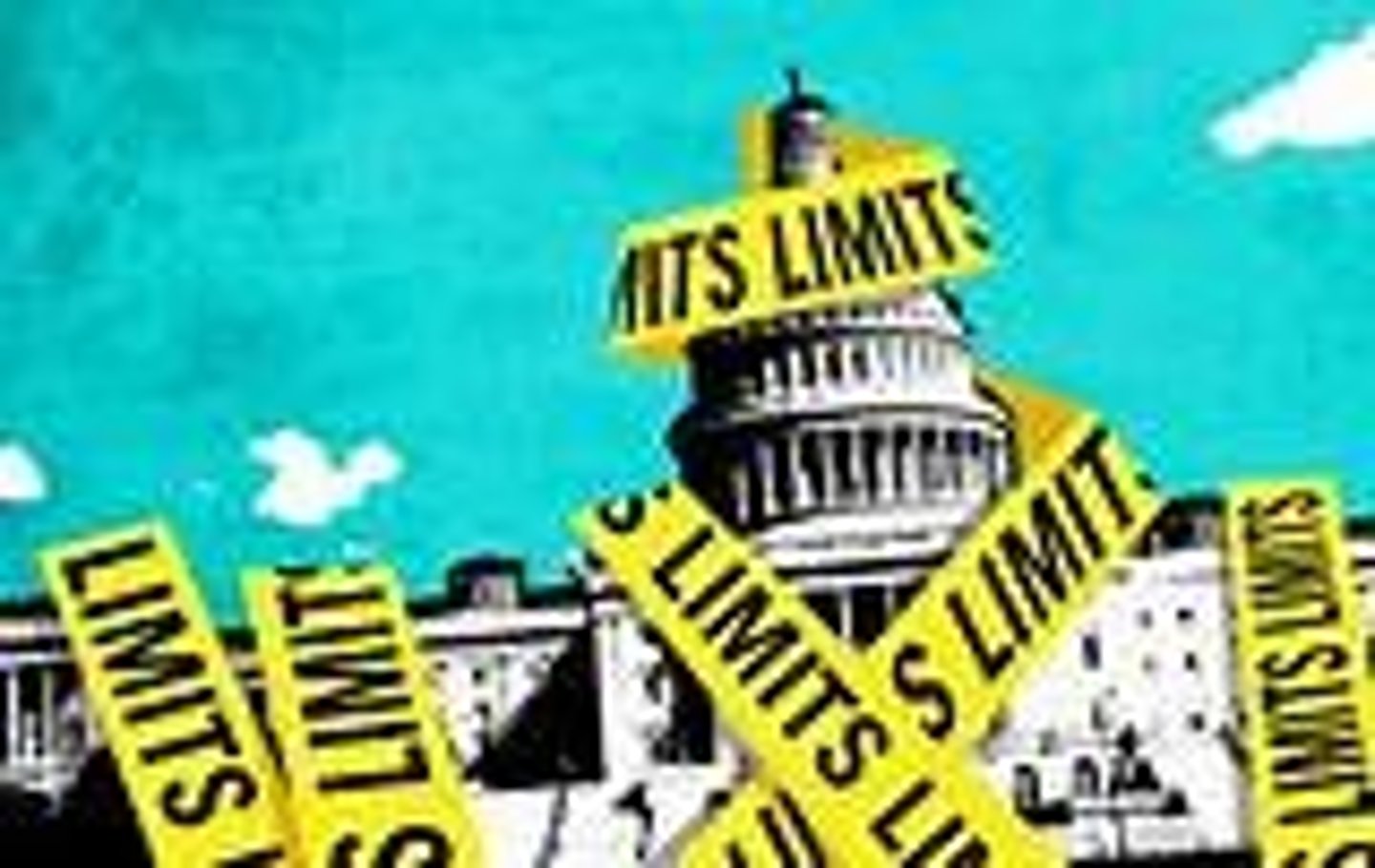
Rights and Responsibilities
U.S. laws reflect the belief that it is important for people to have freedoms the government cannot take away: rights. It is also important for people to act responsibly for the good of everyone: responsibilities
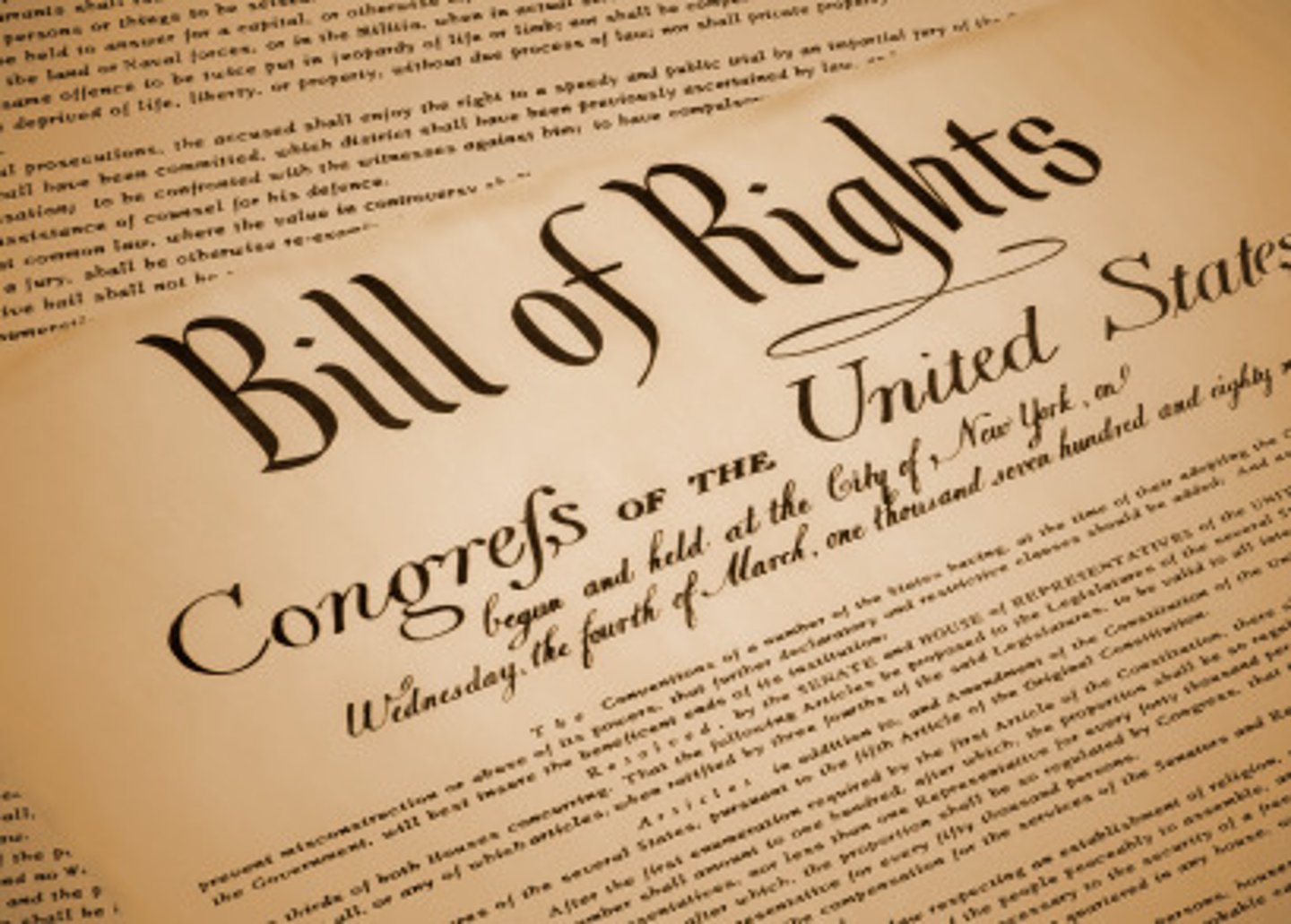
Equal Opportunity
People should be given the same chances and opportunities regardless of their gender, religion, race, age or ethnic background
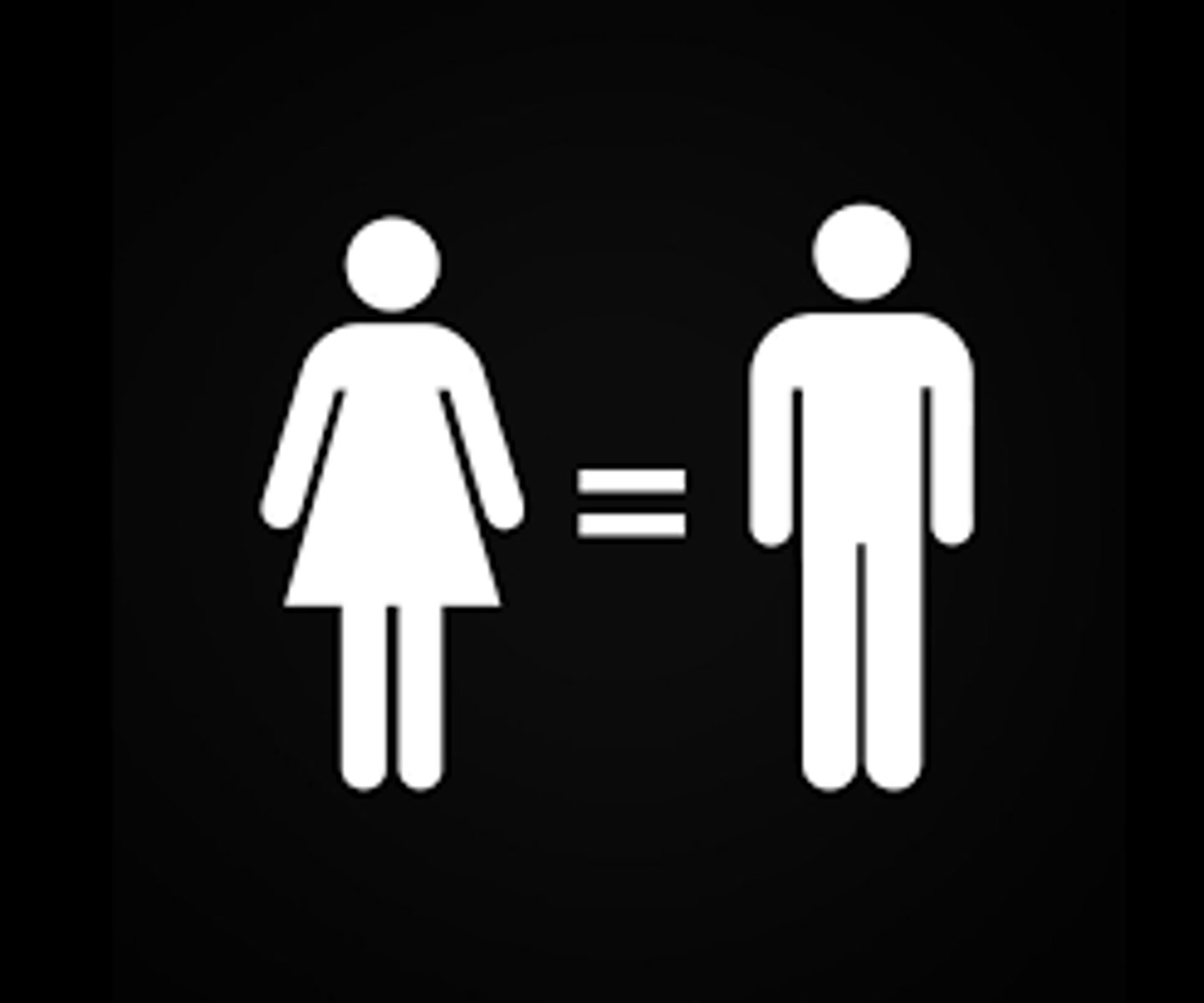
Rule of Law
Everyone has to obey the law or face the same consequences, no matter how powerful or rich. Laws keep society orderly and establish expectations of behavior for individuals, groups, and organizations
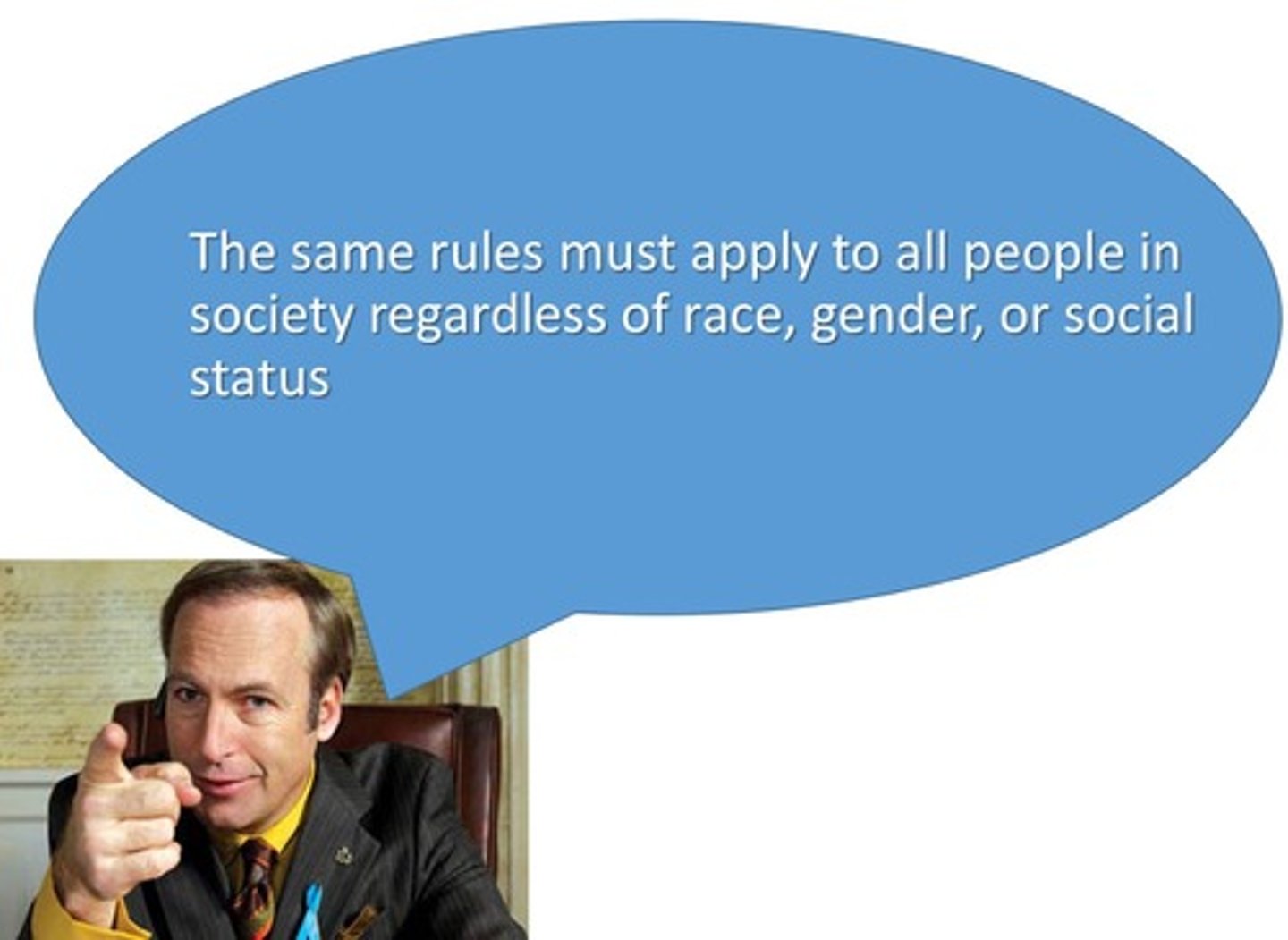
Separation of Church and State
Congress (the State) can't establish a national religion, prevent people from following a particular religion, or favor one religion over another
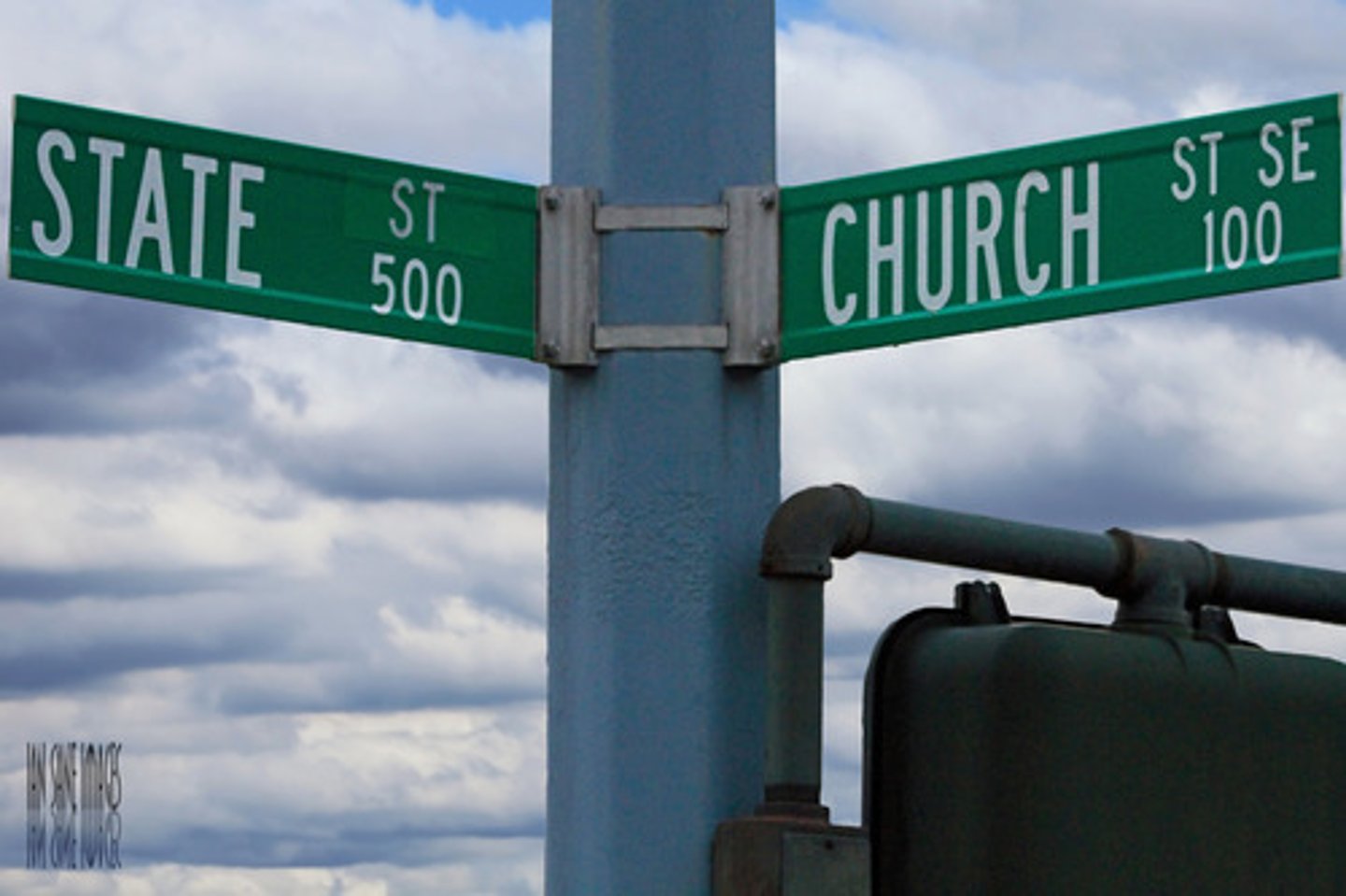
Freedom and Independence
A nation should be free to govern itself without outside interference. Other nations should not try to take over or control its government

Opportunity of the Market Economy
The success of a business depends on how well it responds to the wants of buyers and sellers in the marketplace. Although the risk of failure is greater, success is possible, and the possibility of profit and success is a strong motivator to begin a business. People, not the government, own most businesses
